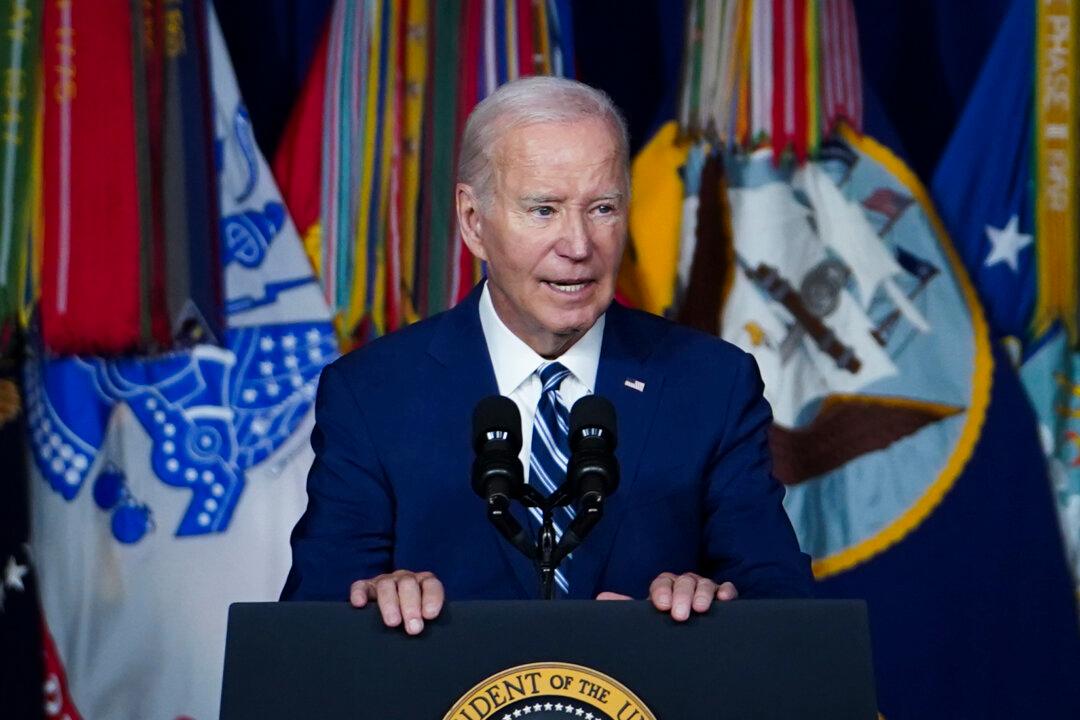A federal judge dismissed a lawsuit filed by two conservative groups seeking to block the Biden administration’s new student loan income-driven repayment (IDR) plan.
U.S. District Judge Thomas Ludington of the Eastern District of Michigan issued an 18-page order (pdf) on Aug. 14, dismissing the lawsuit without prejudice. The lawsuit was filed by the New Civil Liberties Alliance (NCLA) on behalf of the Cato Institute and Mackinac Center for Public Policy earlier this month.





